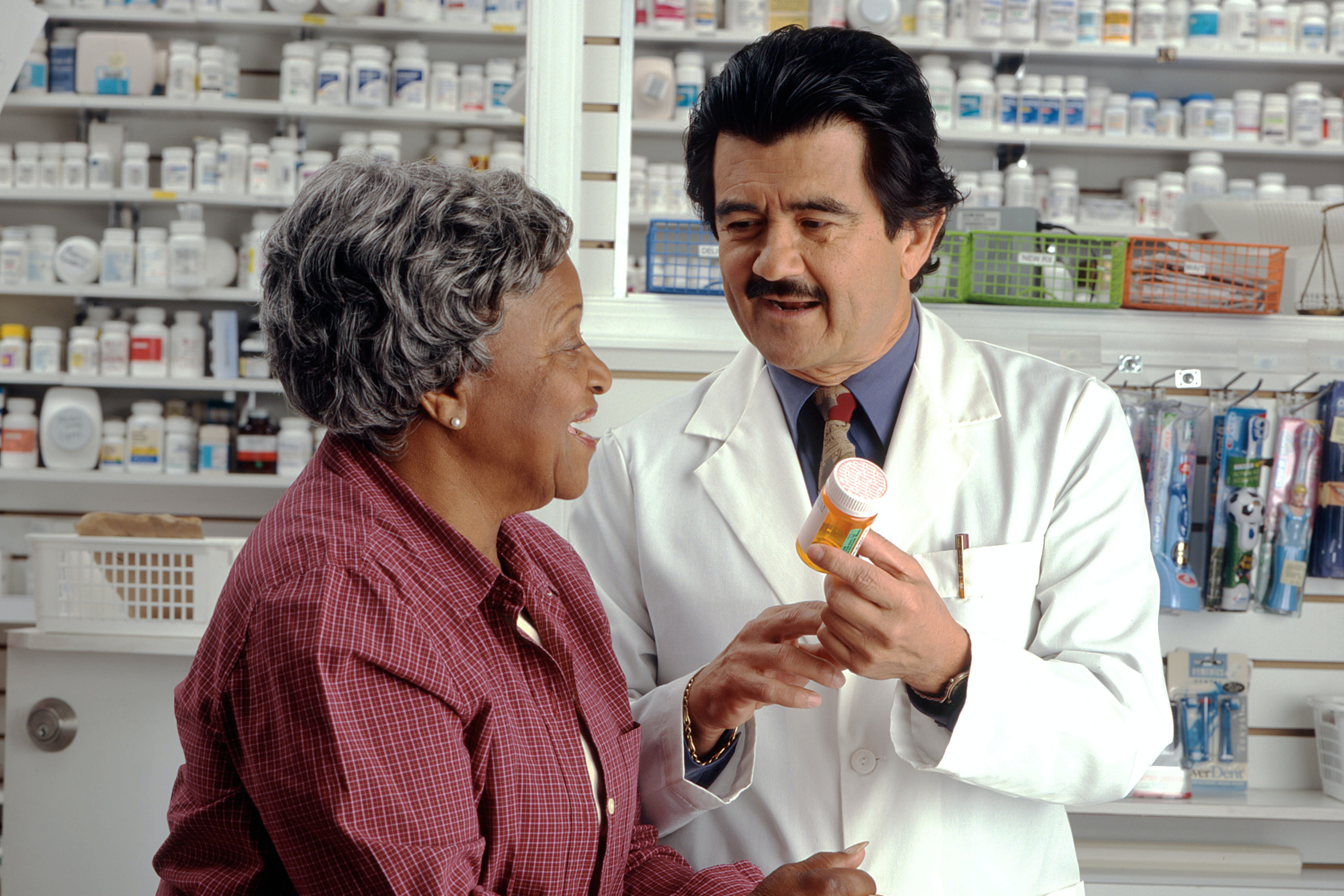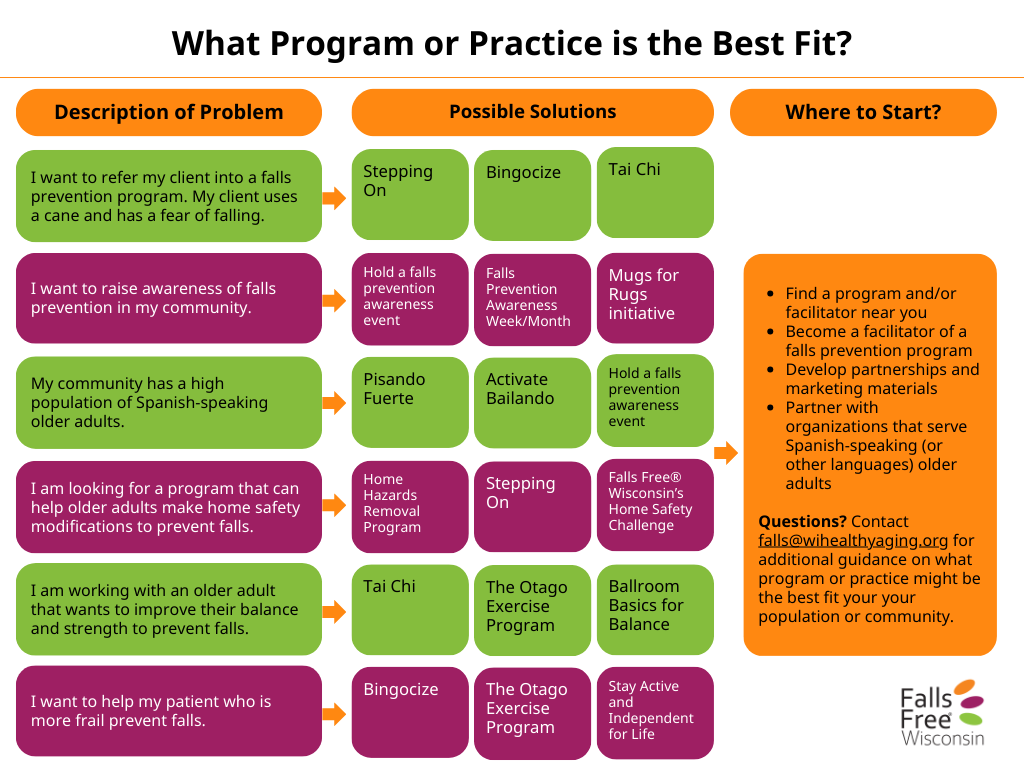Prescriptions, over the counter medicines, herbal supplements, and other substances can increase falls risk.
Medications known to increase the risk of falling include sleeping pills, anxiety or depression medications, and medications that can suddenly lower blood pressure. If you take four or more different types of medications regularly, you may be at greater risk of falling. Ask your provider or pharmacist to review your prescriptions, over-the-counter medicines, and supplements annually (or any time a medication is added or changed) to see if you are at risk for a fall. Make an appointment for a medication review the next time you fill your prescriptions; your provider and pharmacist are there to help you.
Learn more about medications and falls risk from Craig Smith, Registered Pharmacist
When it comes to medications, there are certain things you can do to reduce your risk of a fall:
If you notice that you are more tired than usual, are unsteady, light-headed, dizzy, have changes in your vision, have a hard time thinking clearly, are weak or have a sudden change in blood pressure when you stand up or get out of bed, you may be at a higher risk of falling. Some of these symptoms could be due to your medications or changes in your medications, or the way your body handles them as you age. While you may not be able to stop taking some of your medications, talking to your provider or pharmacist can help you change dosage, if needed, or find alternatives.
Getting enough vitamin D and calcium can help reduce bone loss as you age. The best source of vitamin D is sunlight! Though, with our cold and cloudy Wisconsin winters, it can be difficult to get enough vitamin D from the sun year-round. Both vitamin D and calcium can be found in the foods we eat, but a supplement may be needed. However, vitamin D and calcium supplements may interact with certain medications. Be sure to talk to your provider or pharmacist about possible interactions between your medications and these supplements and discuss what dosage you should take. You may also consider talking to a dietician about the foods you eat and how your diet can impact your bone health.
Just like alcohol and other mind-altering substances can increase your risk of a car crash, they can also increase your risk of falling. As you age, your body may react differently to alcohol than it did when you were younger. You may feel that, despite drinking the same amount as you used to, the effects are stronger. Alcohol can affect your reaction time, coordination, and balance, which can increase your risk of falling. Additionally, the medications you take may have negative interactions when mixed with alcohol, increasing your falls risk even more. Talk to your provider or pharmacist about the medications you are taking and if it is safe to drink alcohol.
Other substances, such as marijuana, can also impact your falls risk, interact with your medications, and impair your judgment and balance. Be aware of the changes to your body as you age, and consider how anything you put in your body may impact your risk of falls.
Share this page’s information with others via the page download:


